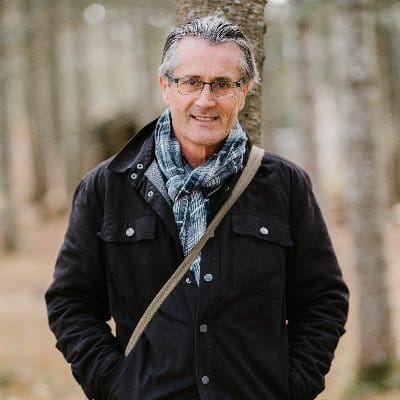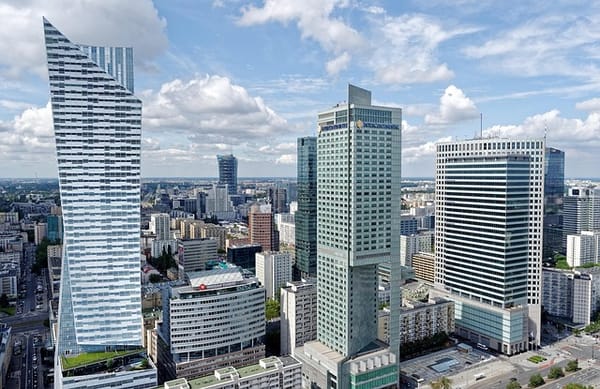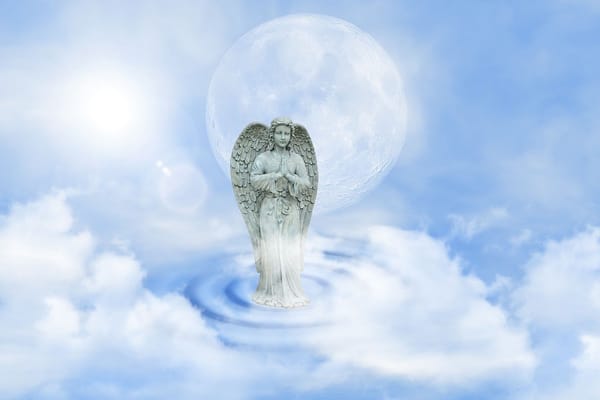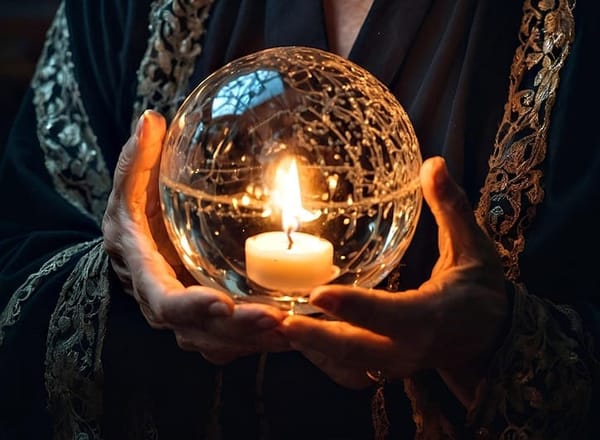From Karma to Gift: Rethinking Capital
While markets not so long ago, coming to town with one's goods, meant prices weren't fixed, but fluctuated, so as to meet the various parties involved. It was then really a meeting, where the other mattered.

While markets not so long ago, coming to town with one's goods, meant prices weren't fixed, but fluctuated, so as to meet the various parties involved. It was then really a meeting, where the other mattered.


Have you ever felt left out in a transaction? Someone seemingly offering you a good "deal" yet you feel abused, taken advantage of; no real balance happened, where an ex-change really satisfied both parties: the one who sells, and the one who buys..
Taking advantage means: getting the "most" out of it. Economic metrics are then the numbers, the coins, not the "service" really to the other, where otherwise the coins are a mere accounting, for keeping track of checks and balances.. Of course, we need to be objective, and could be easily pulled into overdrive, merely wanting to help all the others, while, once one gets into it, it does indeed feel good to do so. Yet, "some" care and objectivity is required, to remain within what's possible.
But anyways, to give an example: since a few years I gathered quite a massive amount of camera gear, with an eye on producing short clips, that would illustrate some of the topics here displayed, so that content which otherwise doesn't seem so accessible, would now be more easily understood, through all that images would have to offer, especially if the whole subject would be cinematic, and appealing, drawing people gently into the content. Of course, there are many obstacles in such a venture, especially since merely sitting in front of the camera and talking, as not an option. Too many people do so anyways, and although it can be a lively experience for viewers, I have to seek other ways, where not I speak, but context does, whether nature or city, where little stories are discovered, in the landscape or whatever, so as to enter into the nature of things.., perceptively. While it is ultimately about going beyond "ordinary" perceptions, which is non other that grasping perception and the world in such a way, by realizing this happens from within and through the inner world, which after all is a spiritual world.
So then to make the long story short: I ended up with quite some camera equipment. And some of it had to go, while all too much equipment made no sense, for various reasons. So then one needs to sell, almost unused equipment, at a loss. Perhaps 30%, which is lost, and can't be recouped back, while no real gain happened. So then one puts it up for sale, avoiding shipping the items, and finally reserving them for sales within a 100 km radius. This allows for a different kind of economy, one could say, where people indeed put things up for sale, and others buy them, without going through the normal institutionalized channels. One learns thereby to sense people, and to sense such transactions, even in a very short time of practising something that still looks close to a form of "ex-change."
And there too there are the ones that seek to make the most out of it, and eventually to take advantage, even go into some kind of trickery: "I take it immediately, if you accept this price," which is then a kind of exploitation of a situation, if a person were needing to sell fast, where the ex-change boils down to: for speed, I give you less.
With others the transaction is looser, not so uptight one could say, while there is some kind of trust available, trust in life actually, where then also these people are already so much more "in exchange" with the world, where everything is flowing --goods and services– , and they themselves stand in this sea of life made of flows between people. This means there are the ones that stand in this flow of life through a trust --perhaps even a trust in something higher, a kind of "invisible hand," namely the hand of God, carrying us all.
This "Invisible Hand" or Hand of God, as Adam Smith states that there is such a hand, where, when one looks at the millions of transactions in a given place, all are somehow always taken care of --although exceptions of course– while there is this invisible web weaving between people, just like in nature, where say a spider sets up a web, there always ends up a fly flying in it, hereby in fact being sacrificed, in the great natural chain of food supplies between species. Today Smith's theory is merely extrapolated as an allegory, while it is hereby being symbolically reduced, reducing as a matter of fact what actually really happens in reality.
While back to the exchanges around cameras, loosing money over it, on has a choice: perhaps the cameras now have a new life, and have a new destiny in the lives of other people, with untold consequences and developments.. Seeing this impact in people's lives, now one can actually look at the real needs of others, recognize them, and see to meet them. Plus, many encounters, if cultivated, could open up onto a web of new possibilities. Some of these cameras go to Africa, some go to South-America, and when it is good people using them, it is very satisfying. One could even meet other needs in people, professional needs, and wanting, if one could, if one were some kind of a bank indeed, to finance an extra piece of equipment a person might need, that would greatly signify such a person's professional achievements, with untold positive consequences.
While these exchanges more often than not happen in a mood of friendship and human warmth. And in fact it is this human warmth and friendship that is the true goal of any financial transaction or economic exchange. This is a sense or feeling of brotherhood between people, of true closeness, of service. This it is which actually makes the economic machine turn. This is the only way to transact, without being depleted, but actually fulfilled.
Especially a few years back, being a shark in economy was a good thing, it was admired, it meant wealth was made, so to speak, although it could have meant displaying a cut-throat approach, leaving others harmed. It's a different starting point in economy one where individuals come into that web and see of human transactions and activities flowing between them, to scoop off, some of the wealth of possibilities that is otherwise flowing in "the market."
Because "markets" it is. While markets not so long ago, coming to town with one's goods, meant prices weren't fixed, but fluctuated, so as to meet the various parties involved. It was then really a meeting, where the other mattered, and the relationship was enduring, while it meant one's network, also one's reputation, but all this was secondary, as it was about the human connection. Truly an exchange, of life forces, as it were, which is more than "energies." Some were strong, and could produce this or that work, some had a farm life: getting up early in the morning, being with the animals in the stable, feeding them, cleaning them, haying and strawing them, possibly milking them; one stood in a grand chain of social interactions and significance, where everyone was dependent on everyone, and friendship and love were a normal, vital part of life.
These transactions are then not a mere gift, but it is actually as if it were a mutual gift, one where the true goal and joy is the contentment of the other. This of course, namely the present considerations, could be taken much more further, but for now this can signify a first warmer-upper..
Still, let's end on a note by Adam Smith, lifted from Wikipedia, introducing this idea of an Invisible Hand in conceptual form to the world:
"The invisible hand is a metaphor inspired by the Scottish economist and moral philosopher Adam Smith that describes the incentives which free markets sometimes create for self-interested people to accidentally act in the public interest, even when this is not something they intended. Smith originally mentioned the term in two specific, but different, economic examples. It is used once in his Theory of Moral Sentiments when discussing a hypothetical example of wealth being concentrated in the hands of one person, who wastes his wealth, but thereby employs others. More famously, it is also used once in his Wealth of Nations, when arguing that governments do not normally need to force international traders to invest in their own home country. In both cases, Adam Smith speaks of an invisible hand, never of the invisible hand.
Going far beyond the original intent of Smith's metaphor, twentieth-century economists, especially Paul Samuelson, popularized the use of the term to refer to a more general and abstract conclusion that truly free markets are self-regulating systems that always tend to create economically optimal outcomes, which in turn cannot be improved upon by government intervention. The idea of trade and market exchange perfectly channelling self-interest toward socially desirable ends is a central justification for newer versions of the laissez-faire economic philosophy which lie behind neoclassical economics."





